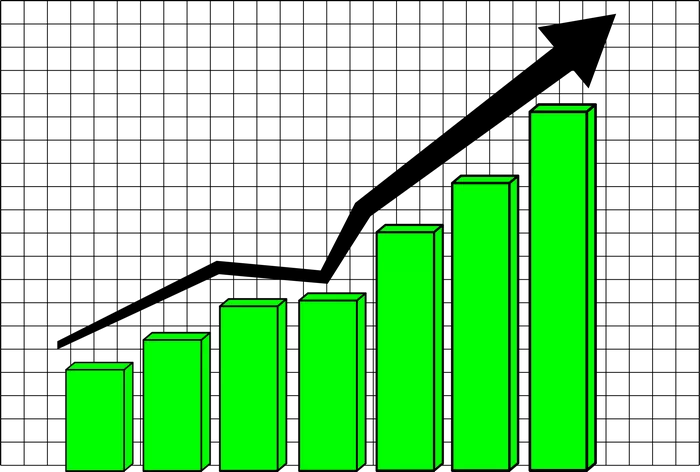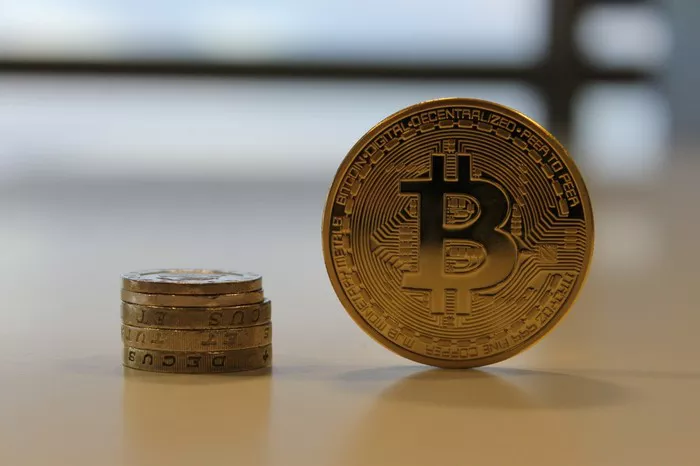Dubai, a city renowned for its opulence, diversity, and vibrant economy, has long been a hub for international trade and finance. With its strategic location, Dubai serves as a bridge between East and West, attracting businesses and tourists from around the globe. Given its international status, understanding the value of the US dollar (USD) in Dubai is crucial for both visitors and residents alike. This article will delve into the intricacies of the USD-AED exchange rate, its historical fluctuations, factors influencing its movement, and its implications for individuals and businesses in Dubai.
What Is the USD-AED Exchange Rate
Dubai, being part of the United Arab Emirates (UAE), uses the Emirati dirham (AED) as its official currency. The AED is pegged to the US dollar at a fixed rate, which has been relatively stable over the years. Currently, the exchange rate is approximately 1 USD = 3.6725 AED. However, it’s important to note that exchange rates can fluctuate due to various factors, such as global economic conditions, geopolitical tensions, and central bank policies.
Historical Context of the USD-AED Exchange Rate
To fully understand the current exchange rate, it’s essential to examine its historical context. The AED was introduced in 1973, shortly after the UAE was formed. Initially, the AED was pegged to the British pound sterling. However, in 1980, the UAE government decided to switch the peg to the US dollar, recognizing its global status and stability.
Since then, the AED has maintained a fixed exchange rate with the USD, with minor adjustments over time. This peg has provided stability and predictability to the UAE’s economy, attracting foreign investment and fostering trade.
Factors Influencing the USD-AED Exchange Rate
Despite the AED’s peg to the USD, there are still factors that can influence the value of the USD in Dubai, albeit indirectly. These factors include:
1. Global Economic Conditions
The overall health of the global economy can impact the USD’s value. When the global economy is strong, the USD tends to appreciate, as investors seek out safe-haven assets. Conversely, during times of economic uncertainty, the USD may depreciate as investors shift to riskier assets.
2. Geopolitical Tensions
Political events, such as trade wars, elections, and geopolitical conflicts, can affect the USD’s value. These events can create volatility in the currency markets, causing short-term fluctuations in the exchange rate.
3. Central Bank Policies
The policies of the US Federal Reserve and the UAE Central Bank can also influence the USD-AED exchange rate. For instance, if the Federal Reserve raises interest rates, the USD may appreciate as investors seek higher yields. Conversely, if the UAE Central Bank implements easing measures, it may put downward pressure on the AED’s value.
4. Oil Prices
Oil is a significant export for the UAE, and fluctuations in oil prices can impact the country’s economy and, by extension, the AED’s value. Higher oil prices tend to boost the UAE’s economy and support the AED, while lower prices can have the opposite effect.
Daily Exchange Rate Fluctuations
While the AED is pegged to the USD, daily fluctuations in the exchange rate can still occur due to the above-mentioned factors. These fluctuations are typically small and do not significantly impact the overall stability of the AED. However, they can be important for individuals and businesses making transactions in different currencies.
For example, if a tourist is planning a trip to Dubai and wants to convert USD to AED, they should check the current exchange rate to get the best deal. Similarly, businesses that import or export goods need to monitor the exchange rate to manage their costs and profits effectively.
Impact on Visitors and Residents
The value of the USD in Dubai has implications for both visitors and residents. For tourists, understanding the exchange rate is crucial for budgeting and making purchases. With the AED being the official currency, tourists will need to convert their USD to AED to pay for goods and services.
For residents, the exchange rate can impact their daily lives in various ways. For instance, those with USD-denominated investments or savings may see their wealth fluctuate based on the exchange rate. Additionally, individuals who travel frequently between Dubai and the US will need to monitor the exchange rate to minimize currency conversion costs.
Impact on Businesses
Businesses in Dubai also need to be aware of the USD-AED exchange rate. Companies that import goods from the US will need to factor in the exchange rate when calculating costs and pricing their products. Similarly, businesses that export to the US will need to monitor the exchange rate to ensure they are competitive in the international market.
Moreover, businesses that operate in multiple currencies may need to hedge their currency exposures to protect against potential losses from exchange rate fluctuations. Hedging strategies can include using financial derivatives, such as forwards, options, and swaps, to lock in exchange rates and mitigate risk.
Currency Conversion Services in Dubai
Dubai offers a variety of currency conversion services to accommodate the needs of visitors and residents. These services include:
1. Banks and Financial Institutions
Most banks in Dubai offer currency exchange services. Visitors can visit a bank branch or use an ATM to convert their USD to AED. However, it’s important to note that banks may charge fees for currency conversion and may offer different exchange rates.
2. Currency Exchange Bureaus
Currency exchange bureaus are another option for converting USD to AED. These bureaus are typically located in airports, malls, and tourist hotspots. They offer competitive exchange rates and may provide better deals than banks for larger transactions.
3. Online Currency Converters
With the rise of technology, online currency converters have become a convenient option for checking exchange rates and making conversions. However, it’s important to note that online converters may not always provide the most accurate rates, as they may be based on mid-market rates and may not include fees or commissions.
Tips for Managing Currency Risk
For individuals and businesses in Dubai, managing currency risk is crucial to protecting wealth and ensuring financial stability. Here are some tips for managing currency risk:
1. Monitor Exchange Rates
Keep track of the USD-AED exchange rate and be aware of factors that can influence its movement. This will help you make informed decisions about when to convert currencies.
2. Diversify Currency Holdings
Holding a mix of currencies can help mitigate the risk of losses from exchange rate fluctuations. Consider diversifying your investments and savings across different currencies to balance your portfolio.
3. Use Hedging Strategies
For businesses, using hedging strategies can help protect against potential losses from exchange rate movements. Consult with a financial advisor to determine the best hedging strategy for your needs.
Shop Around for the Best Rates: When converting currencies, compare exchange rates offered by different banks and bureaus to get the best deal. Also, be aware of fees and commissions that may be charged for currency conversion services.
Conclusion
Understanding the value of the US dollar in Dubai is essential for both visitors and residents. While the AED is pegged to the USD at a fixed rate, daily fluctuations can still occur due to various factors. By monitoring exchange rates, diversifying currency holdings, using hedging strategies, and shopping around for the best rates, individuals and businesses can manage currency risk and protect their financial interests.
In Dubai, the importance of currency management cannot be overstated. With its status as an international hub for trade and finance, Dubai’s economy is closely tied to global currency markets. By staying informed and taking proactive steps to manage currency risk, individuals and businesses can navigate the complexities of the financial landscape and capitalize on opportunities for growth and success.
Related topics:
































